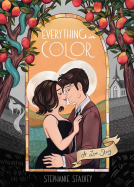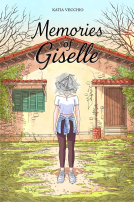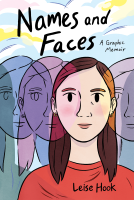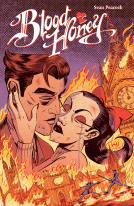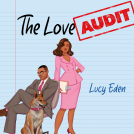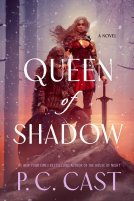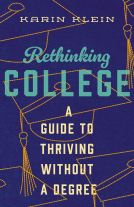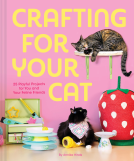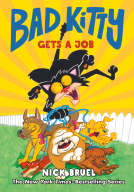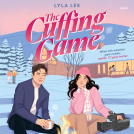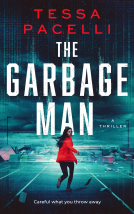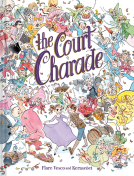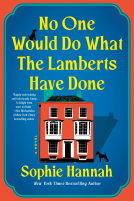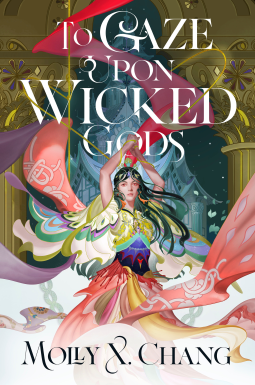
To Gaze Upon Wicked Gods
by Molly X. Chang
This title was previously available on NetGalley and is now archived.
Send NetGalley books directly to your Kindle or Kindle app
1
To read on a Kindle or Kindle app, please add kindle@netgalley.com as an approved email address to receive files in your Amazon account. Click here for step-by-step instructions.
2
Also find your Kindle email address within your Amazon account, and enter it here.
Pub Date Apr 16 2024 | Archive Date Aug 31 2024
Talking about this book? Use #ToGazeUponWickedGods #NetGalley. More hashtag tips!
Description
The gorgeous first edition hardcover of To Gaze Upon Wicked Gods features a poster, color endpapers, a custom-stamped case, and a foil jacket!
“With hauntingly poetic prose, Molly X. Chang spins a tale at the intersection of science fiction, fantasy, and the very real devastation that colonialism brings down on colonized peoples.”—Xiran Jay Zhao, #1 New York Times bestselling author of Iron Widow
Heroes die, cowards live. Daughter of a conquered world, Ruying hates the invaders who descended from the heavens long before she was born and defeated the magic of her people with technologies unlike anything her world had ever seen.
Blessed by Death, born with the ability to pull the life right out of mortal bodies, Ruying shouldn’t have to fear these foreign invaders, but she does. Especially because she wants to keep herself and her family safe.
When Ruying’s Gift is discovered by an enemy prince, he offers her an impossible deal: If she becomes his private assassin and eliminates his political rivals—whose deaths he swears would be for the good of both their worlds and would protect her people from further brutalization—her family will never starve or suffer harm again. But to accept this bargain, she must use the powers she has always feared, powers that will shave years off her own existence.
Can Ruying trust this prince, whose promises of a better world make her heart ache and whose smiles make her pulse beat faster? Are the evils of this agreement really in the service of a much greater good? Or will she betray her entire nation by protecting those she loves the most?
Available Editions
| EDITION | Other Format |
| ISBN | 9780593722244 |
| PRICE | $30.00 (USD) |
| PAGES | 368 |
Available on NetGalley
Average rating from 1255 members
Readers who liked this book also liked:
Stephanie Stalvey
Biographies & Memoirs, Christian, Comics, Graphic Novels, Manga
Sophie Hannah
General Fiction (Adult), Mystery & Thrillers
